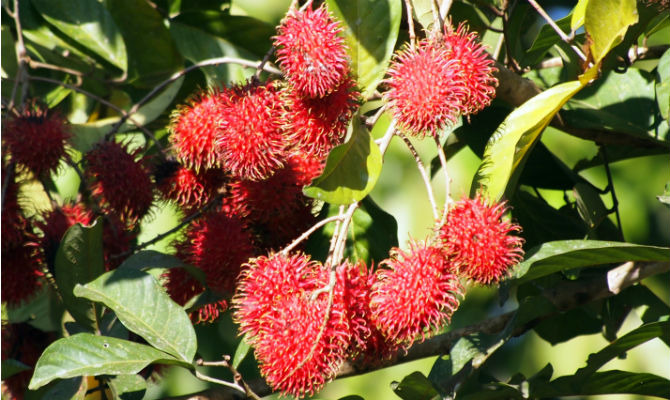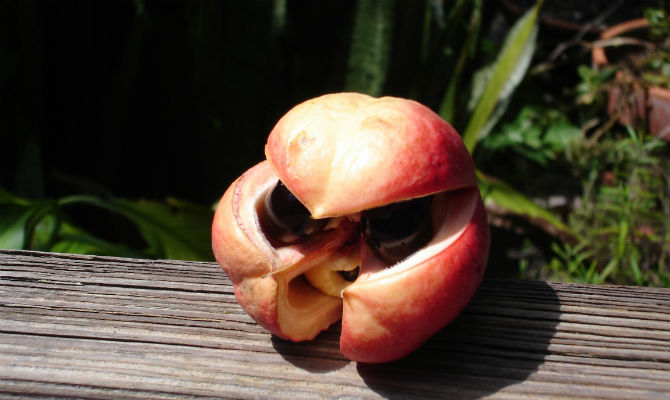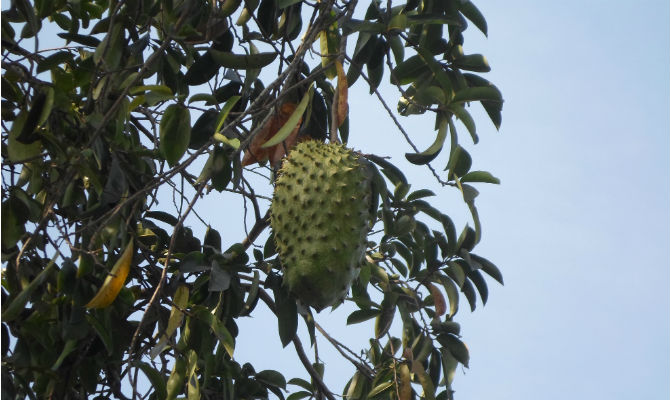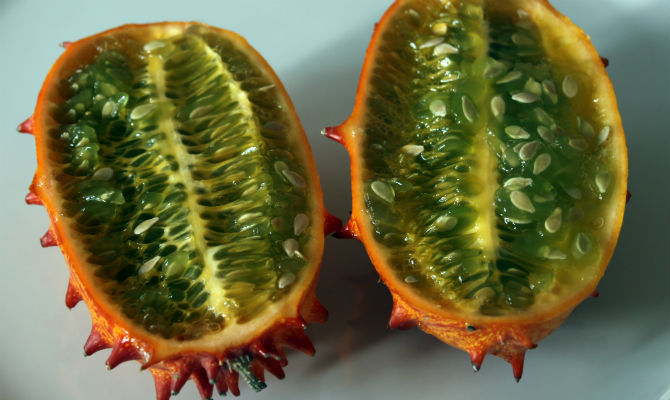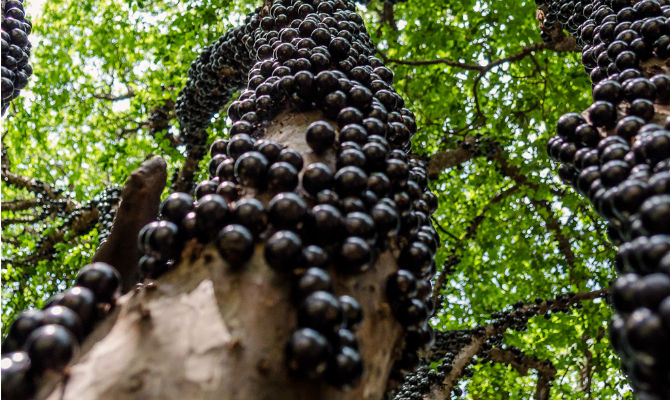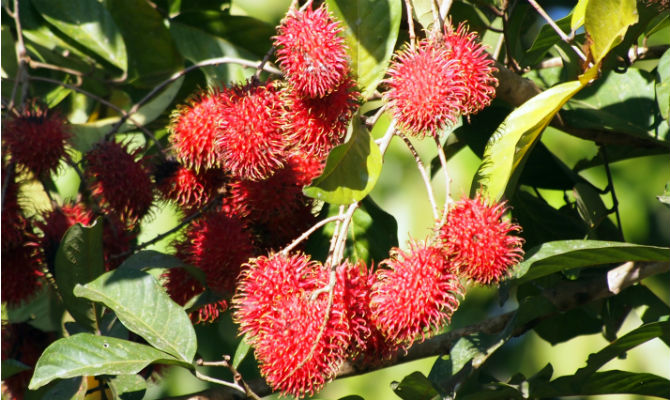6 Fruits You've Never Heard Of
The sheer diversity of fruits our world has to offer is stunning. Some of the fruits you've never heard of are superfoods. Some of them, like most on this list, are not, but they are delicious at best and interesting at worst. And interesting, for travelers, is almost always a good thing.
Though some foreign fruits are available at ethnic grocery stores, many cannot survive the journey from their native regions; the ones that do tend to be very, very expensive. The good news is that eating foreign produce at home is probably not worth it anyway, as it is best enjoyed with people who know how to cut, prepare, and eat the fruit with gusto rather than caution.
Here are six (out of many hundreds) of fruits you probably did not know existed.
Ackee
Ackee is a pear-shaped fruit that is in the same family as the lychee. It is Jamaica's national fruit, and is featured in Jamaica's national dish: ackee and saltfish. Be careful: unless ripened and cleaned properly, ackee can cause Jamaican vomiting sickness, which is exactly as ghastly as it sounds.
Soursop
A spiky fruit shaped similarly to a mango, soursop is native to Central and South America, and tastes like a cross between a strawberry and pineapple, with a creamy texture comparable to bananas. In other words, it is a delicious smoothie in one bite of a fruit. It is also one of the world's anti-aging beauty secrets.
Horned Melon
Also called "the blowfish fruit," the horned melon is a vine in the cucumber and melon family. It's certainly odd looking: bright orange and thorny on the outside. The inside consists of a vibrant green, tart jelly that has a slight, cucumber-like crunch. The taste has also been compared to a zucchini and a banana. We guess you'll just have to taste it and decide for yourself.
Ice-Apple
This fruit is so obscure that the only English name for it (ice-apple) is the one used by British immigrants living in India. There are various ways to say it in South India: in Tamil, for example, it's nungu; in Hindi, it's tari. It is also available in parts of East Asia, like Timor and Vietnam. Ice-apples contain sweet, jelly-like seeds, hard kernels that taste similar to water chestnuts, and fleshy, fibrous stems that can be roasted — all of which are edible.
Jabuticaba
Native to Brazil and other South American countries, jabuticaba look like grapes, except they grow right on the trunks of trees, rather than on vines. They are technically a type of berry. These purplish-black fruits are often used in jams and desserts.
Rambutan
The word rambutan comes for the Malay word for hair, which makes sense, because rambutans are very hairy. The Vietnamese must think the fruit is uglier than the Malaysians do, because their word for it (chôm chôm) means "messy hair." When skinned, what remains is a translucent, pearly jelly that tastes more solid and floral than a lychee.
